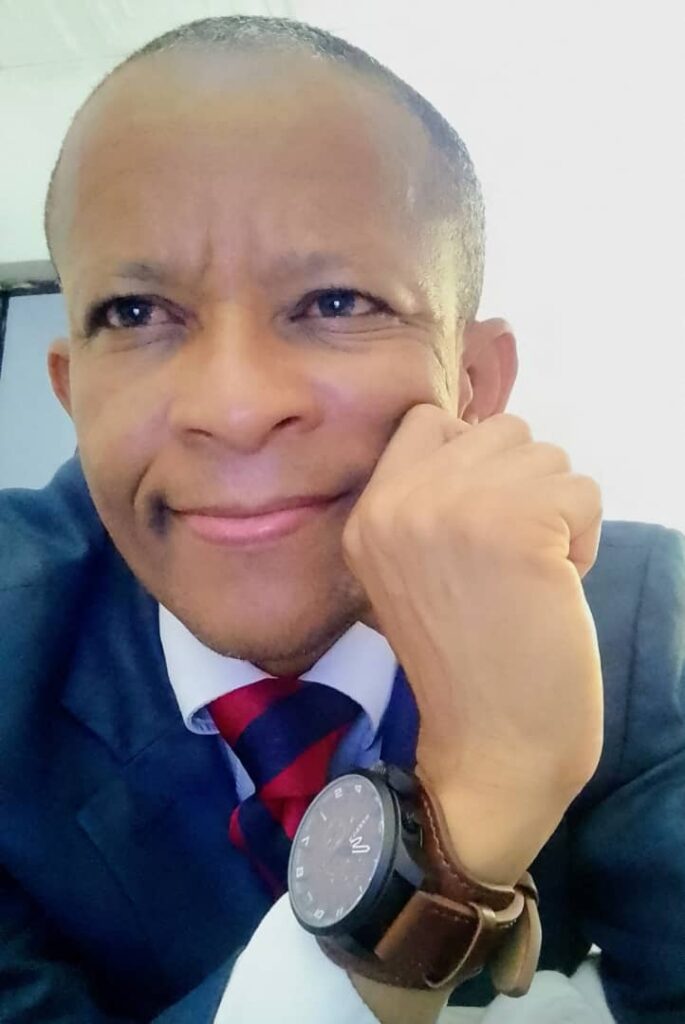
The Two Sides Of Justice System In Nigeria, By Emeka Monye
Two major events recently took centre stage in public discourse, appearing both in traditional and social media and generating arguments and counter-arguments among discussants.
One was the assault by a House of Representatives member, Honourable Alex Ikwechegh against a bolt driver, Stephen Abuwatseya, who had come to deliver a parcel of snail, on behalf of a client.
The other was the arraignment in court of some perceived teenagers believed to have participated in the #EndBadGovernance protest in August, in some Northern parts of the country.
While, the former was carried out with so much impunity, drawing public outcry and condemnation, the latter also received the same outcry. The former was against an individual, whose human dignity was violated and the latter was against the state, with the state, this time, violating the suspects human rights to dignity, justice and equity.
Honourable Alex Ikwechegh was irked by Stephen’s perceived disregard for his person, and maybe office, hence the attack on the bolt driver who was slapped two times by the honourable in his Abuja residence.
Although both events got the attention of the Nigerian justice system, with both villains and victims appearing in courts. While Honourable Ikwechegh, the villain, was treated with regard because of his person, personality and office he occupies, the suspects of the #EndBadGivernance protest, the victims, and mostly teenagers, were treated with disdain, exhibited in the worst of human indignity.
Most of the teenagers, who were brought to court on Friday, November 1st, 2024 for their roles in the August 1st protest, appeared looking hungry, malnourished and in tattered clothes. Some of them even fainted before the trial judge, hearing their cases, in the federal capital capital territory, Abuja.
While the Abuja Division of the Federal High Court granted bail of ₦10 million to each of the hungry looking minors arrested during the #EndHunger demonstrations in August, for protest many observers believe falls within their constitutional rights, the Kuje Magistrates’ Court granted bail to Alex Ikwechegh, a member of the House of Representatives, who assaulted, and threatened the life of a bolt driver, for a mere ₦500,000.
These contrasting judgments highlight a glaring inconsistency in the application of justice in Nigeria, raising significant questions about the system’s integrity and its treatment to different classes of citizens and also underscores the deliberate attempt by the justice system to continually make the common man to be in doubt about seeing the judiciary as their last hope in the delivery of justice.
The decision to impose a substantial bail amount on vulnerable minors stands in stark contrast to the leniency afforded to a sitting legislator, whose depth of wealth far outweighs the meagre fee imposed on him by the magistrate court, when compared to the huge fine hammered on the poor teenagers.
This variance in fine, not only reflects a troubling preference of political figures and the well-to-do, the elites over the most intimidated in society but also underscores the systemic issues within our judicial structure. It raises so many questions, among which are: are we witnessing a justice system that favours the privileged, while the most defenseless individuals are made scapegoats? Where does the court expect these teenagers to raise such an amount from, when in reality, they were protesting against economic hardship? Would they have protested if their economic wellbeing was favourable?
“The #EndHunger protests, driven by the desperation of many Nigerians facing acute food insecurity, were a cry for help—a demand for recognition and action from a government that has often turned a blind eye to the plight of its citizens. By targeting minors, the state appears to send a chilling message that dissent will not be tolerated, even when expressed through peaceful protests. It is disheartening to see that the very individuals who should be protected—children advocating for their rights—are subjected to excessive punitive measures.” – Anonymous
Besides, it is imperative to note that the difference in bail fines imposed on these two cases illustrates a clear issue of inequality that has continuously eaten deeply into the Nigerian society. History is replete with events of how political elites are often protected from the consequences of their actions and inactions whereas ordinary citizens, especially those from disadvantaged backgrounds, are left vulnerable and exposed to severe penalties.
This culture of impunity, inequality and injustice among the elites and the political class further grows a culture of mistrust in our institutions and dampens the spirit of the common on matters relating to the rule of law. The rule of law must be applied equitably, regardless of one’s social status or political lining. Justice should not be a privilege reserved for the few but a right for all citizens.
Justice should not be a privilege but a fundamental right. The road to true justice may be long, but it is a journey we must embark upon together.
Emeka Monye Is A Journalist

